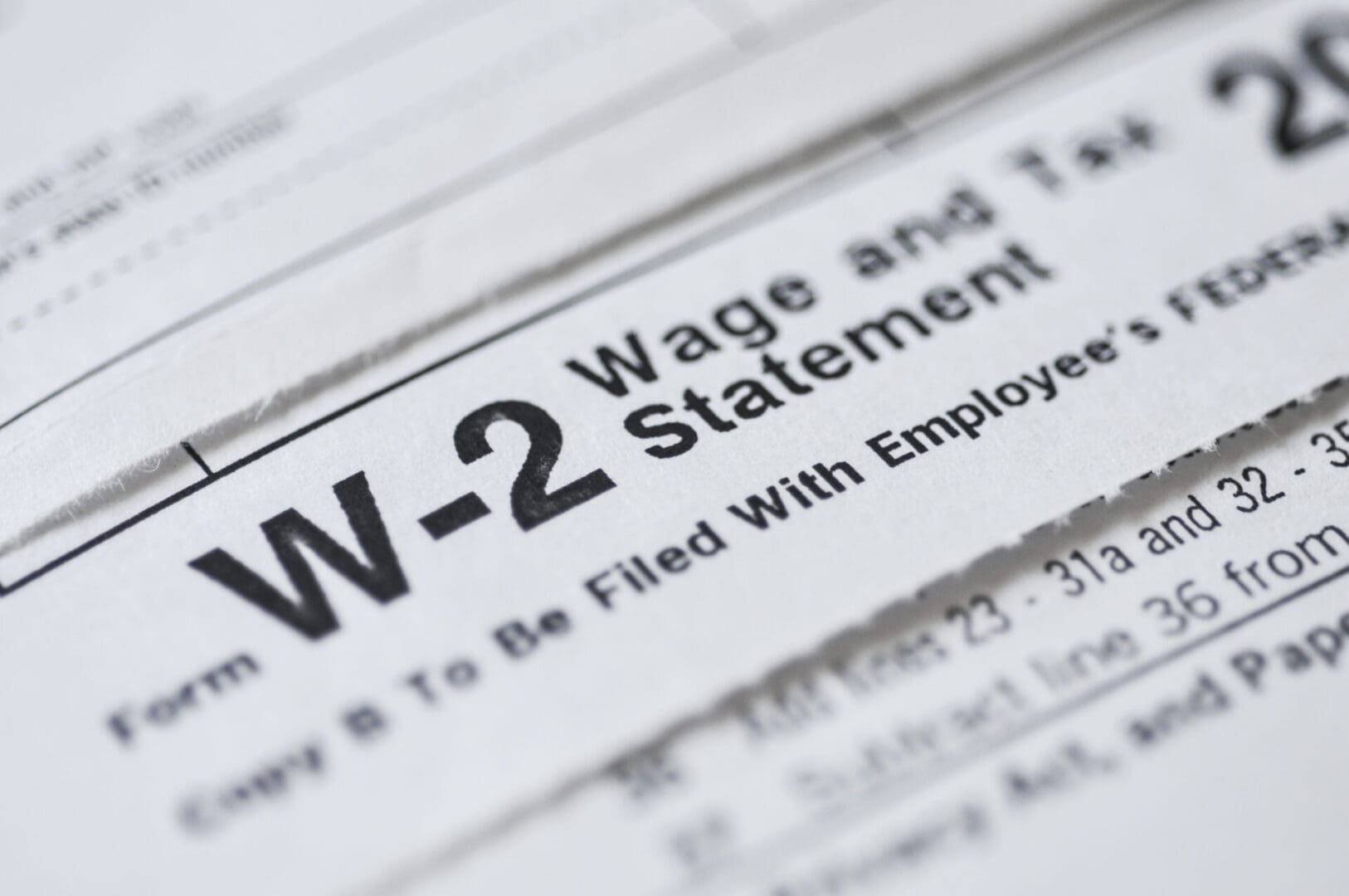
History Of Social Security
Social Security began in 1935, with the first payments issued in 1937. At the time, the average life expectancy was 63 years. Today, the average 65-year-old is expected to live to age 85.
In 1935, there were 40 workers supporting each Social Security recipient; however, this ratio has drastically declined to just 2.8 workers per recipient today.


Is Social Security Going Broke?
Contrary to common belief, Social Security cannot go broke. The program is designed as a "pay-as-you-go" system, meaning most benefits are funded through payroll taxes collected from current workers and their employers. While the program can face periodic funding shortfalls, it will not run out of money as long as payroll taxes are collected.


Common Misconceptions
Many people incorrectly believe that claiming Social Security Benefits early is always the best financial solution. However, at Sensible Social Security, we dig deeper to help you understand when the optimal claiming age occurs based on your circumstances and goals.


Earnings Record and Contributions
Your Social Security benefits are directly tied to your lifetime earnings-higher earnings typically result in higher benefits. Social Security calculates your benefits based on your 35 highest-earning years, adjusted for inflation.
If you continue working after you start claiming benefits and your new earnings are higher than the lowest-earning year in that 35-year record, your benefit amount can be recalculated and increased.


Marriage and Survivor Benefits
Marriage provides access to spousal benefits, which could add up to half of the partner's benefit amount. Survivor benefits allow a lower-earning spouse to claim the higher earner's benefit after their death, enhancing financial security.


Divorce Benefits
Like the Spousal benefit, Social Security provides benefits for divorced spouses up to 50% of your ex-spouse’s Primary Insurance Amount (PIA) if you qualify. To receive these benefits, the marriage must have lasted at least 10 years, and you must not currently be married. Benefits can be claimed once you have been divorced for at least two years and your ex-spouse is eligible to claim their own retirement (generally age 62) or disability benefit. You also must be at least 62 years old. If your ex- spouse is deceased, you may receive Divorced Survivor benefits


Disability & Dependent Benefits
Social Security Disability benefits assist those unable to work due to a qualifying disability. Dependent benefits support eligible family members of retired, disabled, or deceased workers.
Let us help you uncover every benefit you deserve to maximize the value of Social Security Benefits for your family.


Immigrant Benefits
Legal immigrants may qualify for Social Security benefits even if they have not earned enough work credits in the United States. We can show you how you can qualify for this important benefit.


Age and Timing Considerations
While delaying Social Security benefits past your Full Retirement age (FRA) can boost payments at age 70 by up to 124%, it is not always the best option
We'll help you decide the best time to claim based on life expectancy, income needs, and your overall goals.


Tax Implications
Up to 85% of Social Security benefits may be taxable depending on combined income levels. Understanding the taxation of benefits helps in planning withdrawals from retirement accounts to minimize tax impact and maximize net income.
We will help you understand how much of your Social Security Benefit will be subject to income taxation.


Most Important Financial Decision
Choosing when to claim Social Security is one of the most important financial decisions - it could mean hundreds of thousands more dollars in your pocket.

Your Custom Strategy
Let our expert team of Registered Social Security Analysts® and Certified Financial Planner® Professionals create your custom Sensible Social Security Strategy designed specifically for you.

